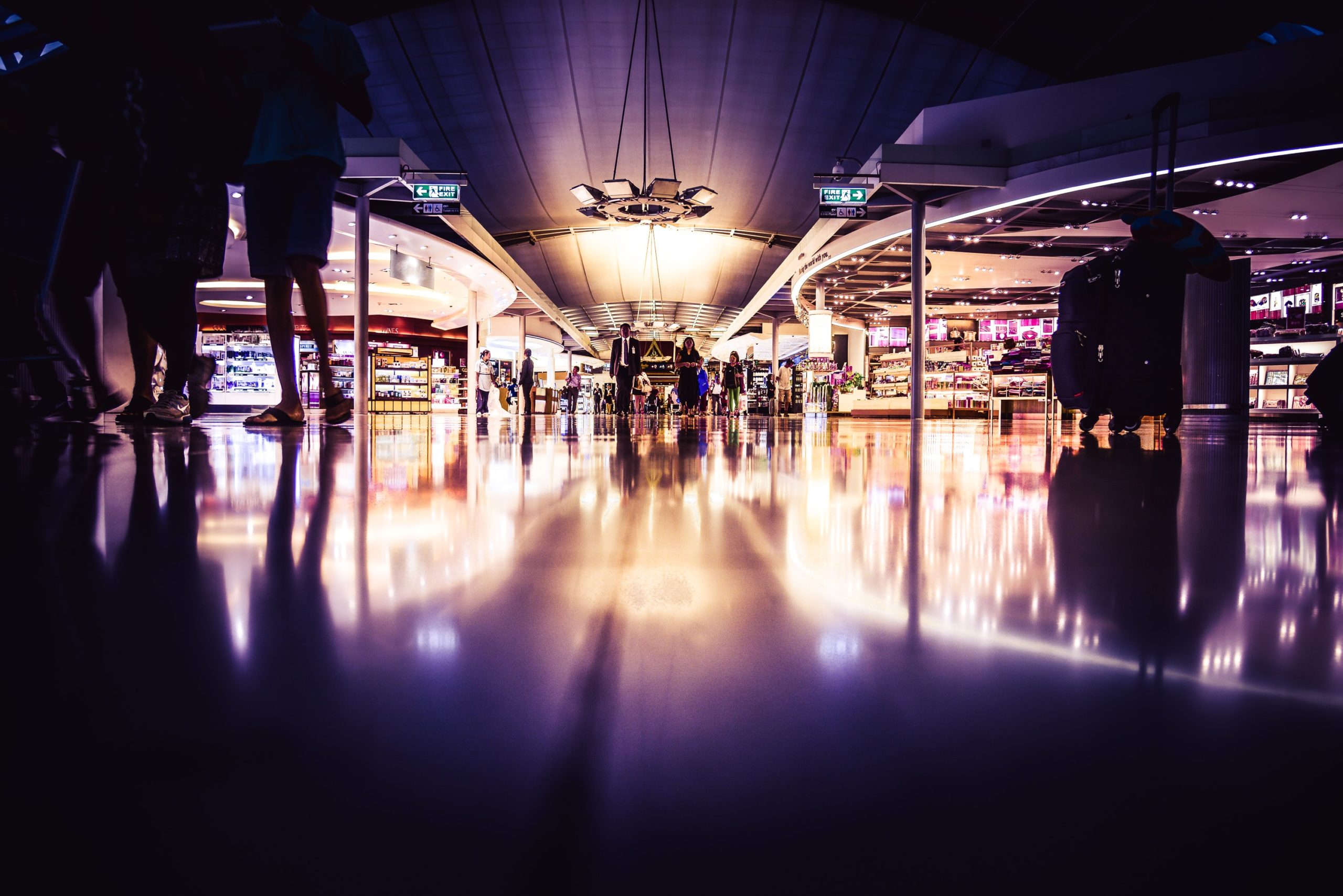
Back in March this year, Taiwan loosened entry restrictions and reduced quarantine periods due to the island’s successful efforts at keeping the COVID-19 pandemic at bay. However, since the outbreak of domestic infections in mid-May, Taiwan has now strengthened its entry and quarantine measures in response. The Level 3 epidemic alert currently in effect is expected to end on 26 July. However, restrictions on certain sectors, such as dining and sports venues (except swimming pools), will be partially lifted starting 13 July. Social distancing must still be maintained, and masks must be worn at all times outside the home except when eating or drinking.
Suspended visa applications
Entry to Taiwan has been suspended for foreign nationals who do not hold a valid Alien Resident Certificate (ARC), including those who hold a valid visitor/ resident visa. Visa applications have also been suspended in Taiwan and overseas.
Exceptions for entry are permitted on a case-by-case basis for emergencies and on humanitarian grounds. When applying for a special entry permit from an overseas ROC mission, the Taiwan Central Epidemic Command Center (CECC) will do the final review of the application and decide whether to grant special permission. If the applicant meets the requirements, the overseas ROC mission will issue a visa with the special entry permit.
Enhanced quarantine procedures
Beginning 27 June 2021, enhanced quarantine procedures have been put in place due to the emergence of the Delta variant. These include:
- Arriving travelers from “key high-risk countries” (including those who have visited or transited through those countries in the past 14 days) must quarantine at a group quarantine facility for 14 days. Costs are covered by the Taiwanese government. Currently, key high-risk countries include the UK, Brazil, Israel, India, Indonesia, Peru, and Bangladesh.
- Flight crews of Taiwanese airlines arriving from key high-risk countries must also quarantine for 14 days but they have the choice to quarantine at a designated quarantine hotel or at a company dormitory that meets related regulations.
- Travelers from other countries not named in the high-risk list are required to stay in a quarantine hotel or group quarantine facility for 14 days after arrival. They must also undergo a PCR test (cost covered by the government) before the end of their quarantine period.
- It is currently not possible to quarantine at home or in a private dwelling.
Increased testing
All arriving travelers in Taiwan must now be tested three times for COVID-19 before the end of their quarantine period. This new requirement was implemented on 2 July 2021 to further tighten measures to combat the spread of the highly transmissible Delta variant. The type of testing differs depending on where the traveler is arriving from.
- Travelers arriving from key high-risk countries must undergo PCR testing upon check in at the quarantine facility, a rapid home test between the 10th and 12th day and another PCR test at the end of the quarantine period.
- Travelers arriving from other countries must undergo a deep-throat saliva test and PCR test upon arrival, a rapid home test between the 10th and 12th day and a second PCR test between the 12th and 14th day of quarantine.
All arriving travelers must take a quarantine vehicle arranged by the Ministry of Transportation to their quarantine location, and those who test positive will be subjected to genome sequencing. It is no longer possible for friends or family members to collect arriving travelers at Taiwan’s airports or ports.
Travelers planning on entering Taiwan should check the latest announcements from the CECC’s official website before arranging travel.
For questions about immigration matters in Taiwan, please contact Christine Chen at cchen@winklerpartners.com.
Written July 12, 2021 By Christine Chen, Niki Chen.
